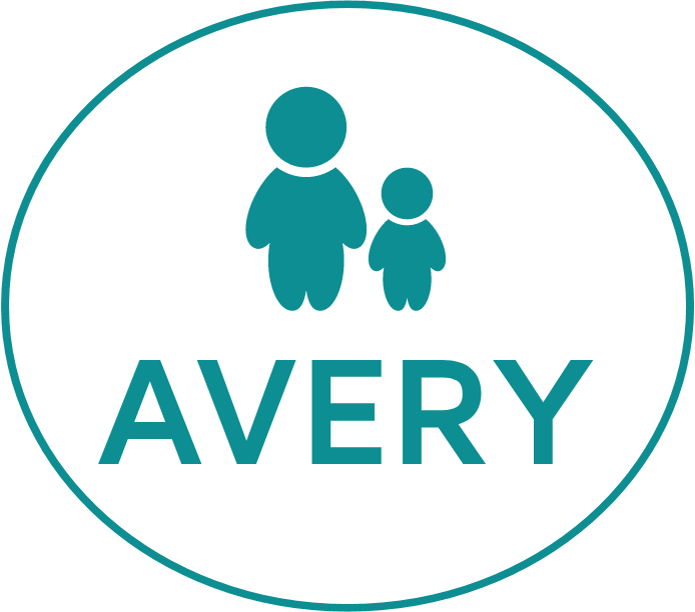STARS: Structured, Targeted
Approach to Reading & Spelling
About dyslexia
Dyslexia is a neurobiological learning disorder
Dyslexia affects the ability to recognize and use the sounds in language
People with dyslexia have foundational and often extreme difficulty reading, spelling and writing
Dyslexia can affect:
reading comprehension
vocabulary development
the ability to spell
written communication
By the time a child reaches Kindergarten, assessments can uncover learning disorders with more than 90% accuracy
Teachers, educators, parents and caregivers all play a critical role in dyslexic students’ trajectories
For dyslexic children to learn effectively, intervention is crucial
Frequent, customized and high-intensity instruction helps dyslexic children learn effectively by reinforcing literacy skills and strategies. These tools make it easier for students with dyslexia to grasp challenging concepts.
Long-term literacy intervention also solidifies learning through practice and repetition.
High-quality, evidence-based programs with qualified instructors are vital for children to learn effectively.
With intensive intervention, a child struggling to read at the end of first grade can reach average reading levels by the end of elementary school
Five to 15% of the population lives with dyslexia
Since brain plasticity decreases as children progress through adolescence, the ability to gain reading skills also shrinks
The longer the delay in literacy intervention and support, the longer a struggling reader needs to catch up.
Struggling readers who do not receive early intervention tend to fall further behind their peers over time
By the time a child reaches fourth grade, literacy intervention takes four times the effort as it does for younger children. This is due to brain development and increased learning expectations as kids grow
Difficulties from dyslexia show up in a variety of settings and can affect more than just grades at school
Sources: childmind.org/article/understanding-dyslexia
Fletcher, J. M., Lyon, G. R., Fuchs, L. S., & Barnes, M. A. (2019). Learning disabilities: From identification to intervention (2nd ed.). The Guilford Press
STARS reading, spelling and writing support
How can STARS help?
Put the ‘fun’ in literacy fundamentals
Keep students coming back for more
Inspire curiosity, courage and hope
See warning signs with reading, spelling and writing
Explore diagnosis and support for Learning Disabilities like dyslexia, dysgraphia and dyscalculia
Learn about the cognitive processes involved in reading
Find evidence-based Tier 2 and 3 literacy interventions
Build foundational skills in phonics, spelling and fluency with specific instruction, activities and games
Deepen reading comprehension with engaging, individualized read-aloud passages and questions
Improve writing skills with daily, custom spelling and writing instruction with practice opportunities
Increase confidence with ability and knowledge to meet with success in the classroom
Promote well-being by partnering your child with a skilled instructor who prioritizes building trust
Create a sense of connection, belonging and safety to take learning risks

















